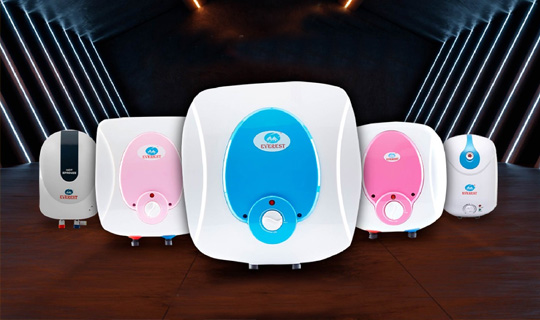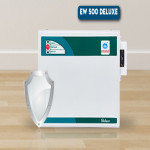Signs Your Water Heater Needs an Upgrade
Your water heater is one of the unsung heroes of your home, providing warm water for everything from morning showers to dishwashing. However, like any appliance, it has a lifespan, and recognizing the warning signs of a failing water heater can save you from unexpected breakdowns and costly repairs. Let’s explore the common indicators that it may be time to consider an upgrade.
1. Aging System
Water heaters are not designed to last forever. Traditional tank models typically have a lifespan of 8–12 years, while tankless systems can last up to 20 years with proper maintenance. If your water heater is approaching or exceeding its expected life span, it’s a good idea to start planning for a replacement. Aging systems are more prone to leaks, inefficiency, and sudden failures.
Fluctuating water temperatures or a lack of hot water are telltale signs of a struggling water heater. This issue could stem from sediment buildup in the tank, damaged heating elements, or a failing thermostat. If maintenance or minor repairs don’t solve the problem, an upgrade may be the best solution.
3. Discolored or Rusty Water
If your hot water appears rusty or murky, it could indicate corrosion inside the water heater tank. Over time, the tank’s lining can degrade, allowing rust to contaminate the water. In severe cases, this can lead to leaks and structural damage to the tank. Replacing your water heater is the safest way to ensure clean, uncontaminated water for your household.
4. Strange Noises
Unusual sounds such as banging, popping, or rumbling coming from your water heater are often caused by sediment buildup. As water is heated, minerals in the water settle at the bottom of the tank and harden over time. These hardened deposits can reduce the unit’s efficiency and cause damage to the tank. Persistent noises are a strong indicator that it’s time to consider a new system.
5. Leaks and Moisture
Water pooling around your water heater is never a good sign. Even small leaks can indicate serious internal problems, such as a cracked tank. While some minor issues, like a loose valve, can be repaired, a leaking tank typically means the system needs to be replaced to avoid further water damage to your home.
6. Rising Energy Bills
If your utility bills have been creeping up, an inefficient water heater may be to blame. Older models often use more energy to maintain the same level of performance, especially if they’re battling sediment buildup or worn-out components. Upgrading to a modern, energy-efficient model can reduce your bills significantly over time.
7. Insufficient Hot Water Supply
Does your water heater struggle to meet your family’s demands? If showers run cold quickly or the system can’t handle simultaneous tasks like washing dishes and laundry, it may be undersized for your household’s needs. Upgrading to a larger or more efficient model ensures a consistent supply of hot water.
Benefits of Upgrading Your Water Heater
Investing in a new water heater isn’t just about fixing problems—it’s an opportunity to enhance your home’s comfort and energy efficiency. Modern water heaters, including tankless options, offer advanced features like faster heating times, better energy ratings, and longer warranties. Plus, many new models are designed to work seamlessly with energy-saving devices like voltage stabilizers, ensuring consistent performance and reduced wear and tear.
How Everest Stabilizers Can Help
A stable voltage supply is crucial for the longevity and performance of your water heater. Everest Stabilizers are designed to protect your appliances from voltage fluctuations, ensuring optimal operation and preventing premature damage. Whether you’re upgrading to a new water heater or maintaining an existing one, pairing it with an Everest Stabilizer is a smart choice for lasting efficiency.




